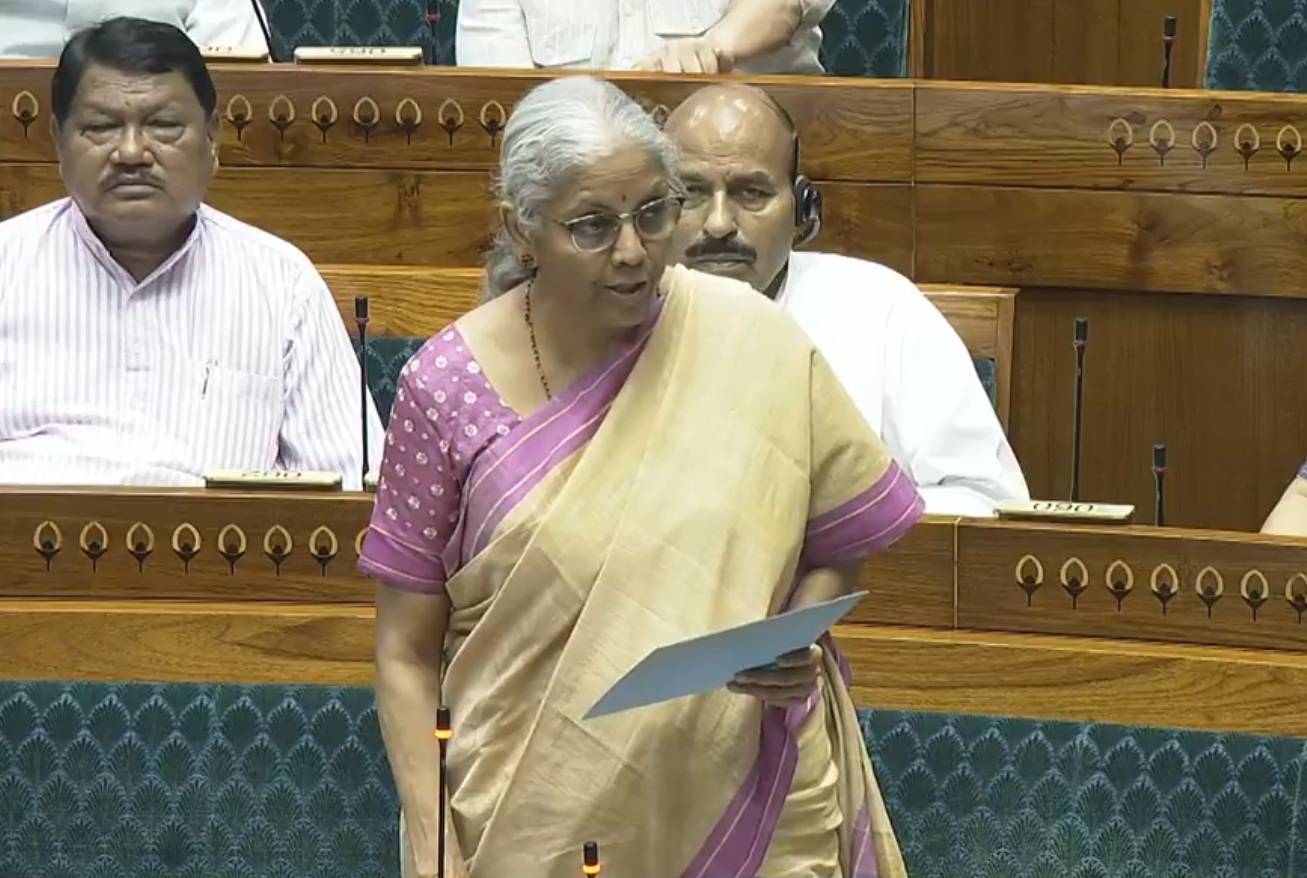The Government of India has proposed a significant overhaul of the country's property registration system through the introduction of the Registration Bill 2025. Drafted by the Department of Land Resources under the Ministry of Rural Development, the bill seeks to replace the more than century-old Registration Act of 1908. Its aim is to align the legal framework with current technological practices and to provide a more transparent, efficient, and citizen-focused system.
The Registration Bill 2025 introduces provisions for online property registration, expanding the scope of documents that must be mandatorily registered. It also incorporates digital verification systems while allowing flexibility in identification methods for individuals who do not possess Aadhaar.
A key feature of the bill is the introduction of online registration of property and associated documents. Under the current law, documents must be presented physically at registration offices. The draft bill updates this by allowing documents to be submitted either in person or electronically. The proposed law also supports the electronic presentation and admission of documents, the issuance of electronic registration certificates, and the digital maintenance of records. These provisions aim to reduce logistical burdens and enable a streamlined registration process across jurisdictions.
Expanded List of Registrable Documents
The bill widens the category of documents that require compulsory registration. This includes agreements to sell, powers of attorney, sale certificates issued by competent authorities, equitable mortgage arrangements, and certain court-directed instruments. This move is intended to enhance legal clarity and reduce disputes arising from unregistered documents.
By requiring these additional documents to be registered, the bill seeks to improve due diligence processes and ensure better legal and financial transparency in real estate transactions.
Verification and Authentication
The bill allows for Aadhaar-based authentication but does not make it mandatory. Individuals may opt for offline verification or use other officially valid documents for identity verification. This ensures that those without Aadhaar are not excluded from participating in property transactions.
The bill provides for the use of physical or electronic signatures and includes provisions for biometric authentication. The presentation of documents for registration may involve a signature, passport-size photograph, and thumb impression, either manually or via a biometric device. A Permanent Account Number (PAN) will also be required for identity validation.
To prevent fraud and ensure the credibility of the registration process, the draft bill gives the government the authority to require physical appearance before a registering officer in specified cases. This would be applicable when documents are submitted electronically but involve sensitive or high-risk transactions.
Public Feedback and Legislative Process
The draft has been released for public consultation, with feedback invited until June 25, 2026. This pre-legislative process aims to incorporate suggestions and address concerns from stakeholders, including legal professionals, developers, and citizens.
This consultative approach reflects an attempt to develop a uniform and scalable legal framework that can support innovations introduced by various states and union territories under the existing law.
Organizational Reforms
The bill proposes restructuring the registration establishment to create a more agile and accountable framework. It introduces new roles such as additional and assistant inspectors general of registration to handle increased administrative responsibilities. It also outlines rules for appointing registrars in case of vacancies.
These changes are designed to ensure the continuity and integrity of the registration system, particularly as it transitions into a more digitized environment.
Appeals and Cancellations
The draft bill includes conditions under which registration can be denied and outlines an appeal mechanism to contest such decisions. It also allows appropriate governments to frame rules for cancellation of registration, provided they adhere to principles of natural justice.
These provisions aim to balance administrative efficiency with legal safeguards, ensuring that the rights of individuals are protected while maintaining procedural integrity.
Expert Opinions
Legal experts have welcomed the bill, highlighting its potential to simplify procedures and reduce reliance on intermediaries. Venkat Rao, founder and managing partner at Intygrat Law Offices LLP, said the proposed changes could significantly reduce fraud by enabling digital verification and offering an audit trail through electronic records.
Ketan Mukhija, senior partner at Burgeon Law, noted that the bill could benefit both property buyers and developers. For buyers, it promises greater convenience and transparency. Developers may gain from faster approvals and integration with digital systems, which could reduce project delays.
By accommodating individuals without Aadhaar, the bill also ensures broader inclusion in the registration process.
The Registration Bill 2025 marks an effort by the Government of India to modernize a crucial legal framework that affects property ownership and real estate transactions. By enabling digital registration, expanding the scope of mandatory documents, and including flexible verification methods, the bill aims to make the process more accessible, reliable, and aligned with current practices.
Image source- freepik.com








